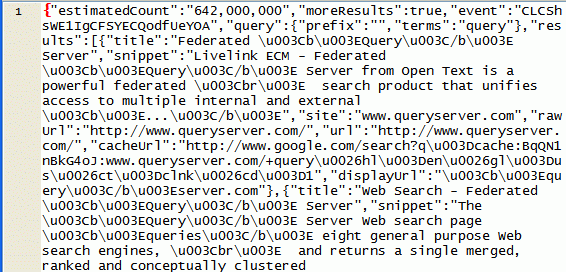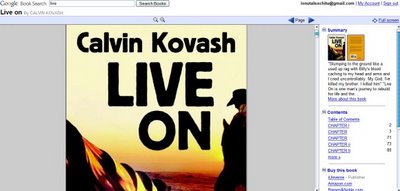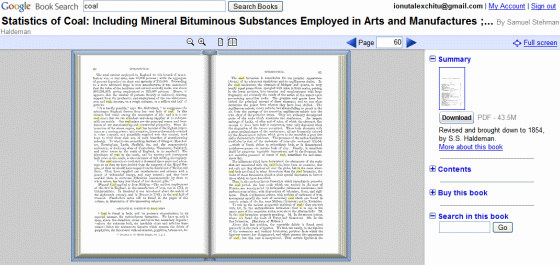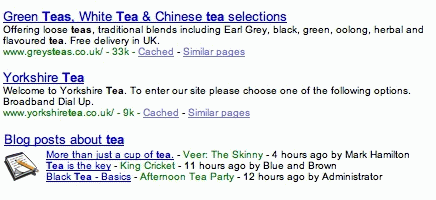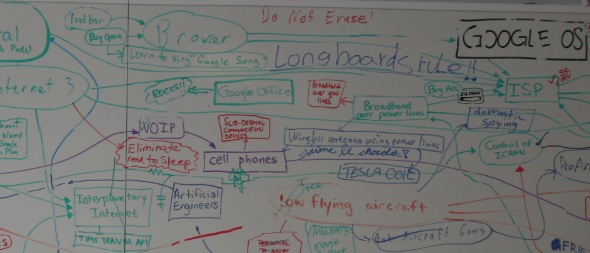"Colorless green ideas sleep furiously" is a sentence composed by Noam Chomsky in 1957 as an example of a sentence whose grammar is correct but whose meaning is nonsensical, however some might argue that Chomsky simply wasn't imaginative enough to put the sentence into a context which would give it meaning. It was used to show inadequacy of the then-popular probabilistic models of grammar, and the need for more structured models.
Chomsky wanted a model with rules and representations, a formal way to describe a language, and imposed his views. But it looks like green ideas do sleep furiously and when they wake up, grow furiously. Speech recognition system started to use probabilistic approaches to make the distinction between similar-sounding words or phrases. And Google uses this for its machine translation:
Most state-of-the-art commercial machine translation systems in use today have been developed using a rules-based approach and require a lot of work by linguists to define vocabularies and grammars.
Several research systems, including ours, take a different approach: we feed the computer with billions of words of text, both monolingual text in the target language, and aligned text consisting of examples of human translations between the languages. We then apply statistical learning techniques to build a translation model.
An easy-to-understand explanation of the system is given by David Yarowsky:
Say you want to teach a computer how to translate Chinese: You give the computer 100,000 sentences in English and the same 100,000 sentences in Chinese and run a program that can figure out which words go to which words. If in 2,000 sentences you have the word Washington, and in about the same number of sentences you have the word Huashengdun, and they occur in the same place in the sentence, these words are likely translations.
So far, Google has released statistical machine translation systems for English <-> Chinese and English <-> Arabic, but more languages should be available soon.




